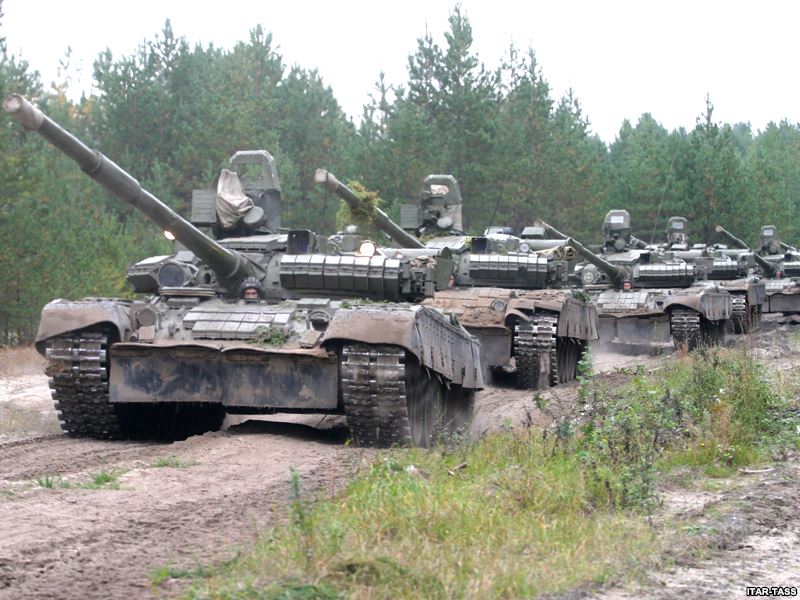Source: Economist
SOME states soothe their citizens in troubled times. Others prefer not to sugar-coat things. “A larger European conflict could start with an attack on Sweden,” warned the most recent report of the country’s defence commission. Electricity would be limited. Calorie intake would fall. Tens of thousands might be wounded. This was not idle talk: in June, all 22,000 Swedish volunteer soldiers were called up for the largest surprise exercise since 1975. For the first time in almost 30 years, the government has written to millions of households exhorting them to prepare for the worst. “We will never give up,” warned leaflets decorated with vivid tableaux of burning buildings and rolling tanks.
Sweden’s aim is to hold out for three months, until help arrives. These twin tasks—becoming “indigestible to Russia”, as one analyst puts it, and ensuring that the cavalry shows up—will be high on the agenda of whichever government emerges from the hung parliament produced by the election of September 9th. Sweden may not be a member of NATO. But under Stefan Lofven, Sweden’s Social Democratic prime minister for the past four years, it has manoeuvred as close to the alliance as it is possible to get from the outside. By deferring the question of outright membership, anathema to the left, he created political space to tighten Sweden’s triple embrace of America, NATO and its neighbours. A landmark “host nation” agreement with NATO was steered through parliament in 2016. America’s potential wartime role in Sweden was once a state secret; now contingency plans can be made openly.
Read more at: https://www.economist.com/europe/2018/10/03/russias-growing-threat-to-north-europe

